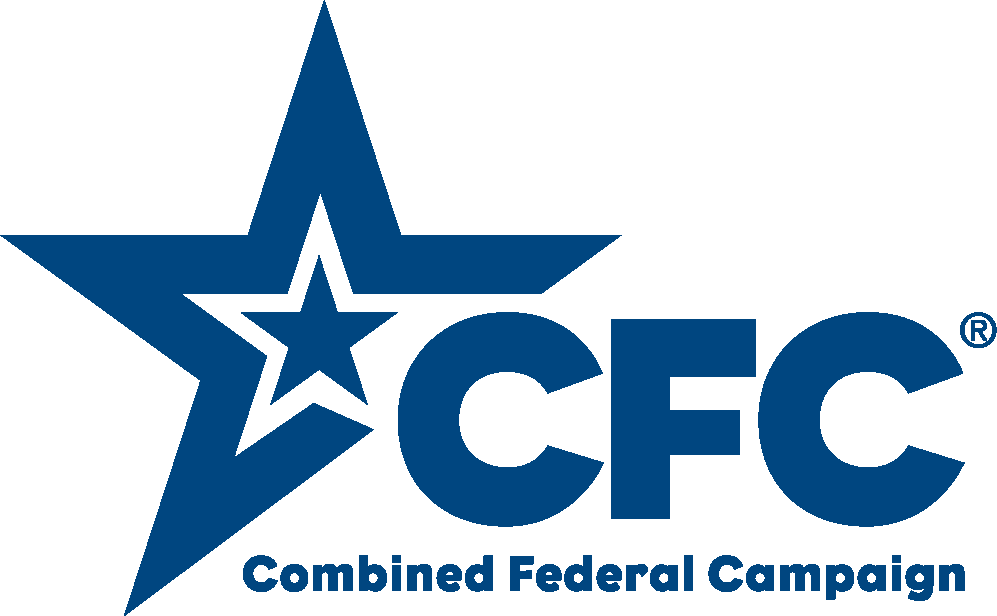
Despite new laws, commissions, and task forces charged with reimagining public safety, six people were killed by law enforcement officers in Montgomery County in 2021. Montgomery County needs to recommit to the work of truly transforming public safety, including robust community oversight of police and investing in non-police institutions that support the needs of vulnerable community members.
Over the past months, JUFJ has joined our partners – including the ACLU of Maryland, Silver Spring Justice Coalition, Action in Montgomery, The League of Women Voters, Racial Justice NOW!, and the NAACP – to strengthen the local bill which established civilian-involved police disciplinary boards in Montgomery County. And along with our partners in the Silver Spring Justice Coalition, Racial Justice NOW!, Muslim Voices Coalition, and others, we have opposed increased funding for a superfluous new branch of the Montgomery County Police Department called the Community Resource Bureau (CRB).
Click on the tabs below to learn more about the work of JUFJ and our partners on police disciplinary boards and police funding.
Jurisdictional civilian-based police disciplinary boards are mandated by a state law passed in 2021 as part of a package of policing reform bills. These boards are one part of a new police disciplinary system intended to replace the old unjust and opaque disciplinary system created by Maryland’s Law Enforcement Officer’s Bill of Rights (LEOBR).
Every county in Maryland will have three disciplinary boards made up almost exclusively by members of the community, providing some measure of civilian oversight of policing. The three entities are: an Administrative Charging Committee (ACC), Police Accountability Board (PAB), and Trial Board.
Administrative Charging Committee (ACC)
The Administrative Charging Committee is a five-member civilian body with the following functions:
- The ACC reviews the results of police misconduct investigations conducted by law enforcement agencies in the county; this includes reviewing body worn camera footage and any other evidence considered by the police department. The ACC can ask police officers to appear before the committee and can ask police departments to conduct additional investigations.
- The ACC decides whether to administratively charge the officer in question and recommends discipline in accordance with the forthcoming disciplinary matrix being created by the Maryland Police Training and Standards Commission.
- The chief of the law enforcement agency must impose the discipline recommended by the ACC, or a more severe form of discipline.
- The ACC only reviews investigations of misconduct involving a police officer and a member of the public.
- The five members of the ACC include one member of the PAB, two civilians appointed by the PAB, and two civilians appointed by the County Executive.
Police Accountability Board (PAB)
The Police Accountablity Board is a nine member civilian body that:
- Accepts complaints of police misconduct from the public and forwards them to the relevant law enforcement agency.
- Appoints two members to the ACC.
- Reviews the findings of the ACC.
- Prepares an annual report that identifies any trends in the disciplinary process, and makes recommendations for changes to policy that would improve police accountability in the county.
- Works with law enforcement agencies and county and municipal governments to improve matters of policing more generally.
- This includes holding quarterly meetings with heads of law enforcement agencies.
Trial Board
The Trial Board is a three-member board that:
- Hears appeals brought by an officer who does not accept the discipline issued by the chief following the recommendation of the ACC.
- A Trial Board’s decision is final, unless overturned by a judge.
- The Trial Board is populated by one civilian appointed by the PAB; one former or current judge appointed by the County Executive, and one police officer of the same rank as the accused, and appointed by the chief of the law enforcement agency.
The police disciplinary board system does not include true community oversight of police because the Trial Board can overturn the decision of the civilian Administrative Charging Committee. However, this system is a first step towards better police accountability through increased community oversight.
State law mandates the basic structure of the boards, but each county has the power to make their boards as strong or as weak as the basic structure of the state law allows. JUFJ and our partners were disappointed that Montgomery County introduced a bill to create its boards without consulting with the community, and we had serious concerns with the substance of the initial bill. JUFJ joined our partners to advocate for strengthening the enabling legislation to ensure that the boards match their intent: to provide real community involvement in police accountability.
35 organizations and community members testified in favor of inclusive, compensated, and independent police disciplinary boards. Testifiers spoke to the importance of having a PAB with membership that represents the community, having paid and independent staff, and having fair compensation for board members. JUFJ and our partners organized watch parties for the County Council worksessions around the PABs, and engaged directly with County Councilmembers.
As a result of sustained advocacy from the introduction of the bill through its finalization, the final outcome of this legislation provides better community representation, robust compensation, and independent staffing.
The end of the bill drafting process does not mean the work is done. Now, we need to make sure to follow the nomination process of the PABs, build relationships with PAB members, and engage with the PABs.
Now that the police disciplinary boards have equitable membership guidelines, fair compensation, and independent staffing, the next critical step is the nomination process for the Police Accountability Board members.
The County Executive nominates all nine members of the PAB. These nine members are then interviewed by the Council Council and the Council makes the final vote to approve the members.
JUFJ and our partners will be reviewing the candidate’s materials and following the nomination process to make sure the members reflect the diversity of our community, and are committed to use its power to the fullest extent possible to improve police accountability in Montgomery County.
The list of nominees was released the week of June 7. The Council will interview these candidates on Tuesday, June 21, and the final vote will take place on Tuesday, June 28.
Interested in joining a watch party with JUFJ and Silver Spring Justice Coalition for the Tuesday, June 21 interviews? Sign up here.
This budget cycle was an opportunity to envision a Just Recovery for our county — a recovery that provides dei machsoro, resources sufficient for each person’s needs — and also to answer the call to reimagine how we define and fund public safety for our county.
This year, however, our county budget increases the funding for the police department. While some of this funding will go towards the compensation of Police Accountability Board members (see above for more) and compensation for new civilian employees who will support police investigation, we and our partners in the Silver Spring Justice Coalition (SSJC) are deeply concerned by the increased funding for a new Community Resources Bureau.
The new MCPD Community Resources Bureau focuses on improving the image of police rather than addressing actual community needs. The Bureau increases interactions between police and the public at a time when advocates have been calling for reductions in those interactions.
To quote our partners in SSJC: “Neither the Reimagining Public Safety Task Force nor the Preliminary Audit recommended anything like the Community Resources Bureau, and MCPD has not documented what problems they are trying to solve and why this expenditure… will solve those problems or improve public safety.”
While the funding for this office includes existing funding for school police, additional funding is allocated for the Bureau to host community activities such as summer camps, midnight basketball games, and chess-playing sessions. Quoting SSJC, these “are all worthy investments but better run by the Parks and Rec Department. County departments with expertise in these service areas should be running these programs.”
JUFJ, along with partners from the Montgomery County Racial Equity (MORE) Network, Muslim Voices Coalition, Silver Spring Justice Coalition, Sunrise Silver Spring, and Racial Justice NOW! testified against the increase in the police budget during the last cycle of budget hearings.
The Council will be holding a hearing for a special appropriation to fund portions of the Community Resources Bureau on the afternoon of Tuesday, June 14. You will be able to watch the hearing here. If you are interested in submitting written testimony in opposition to this funding, please email Devorah!





